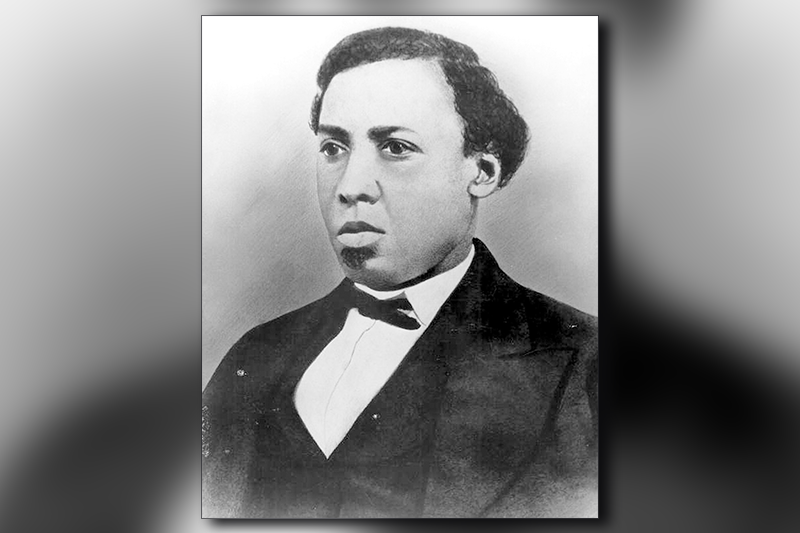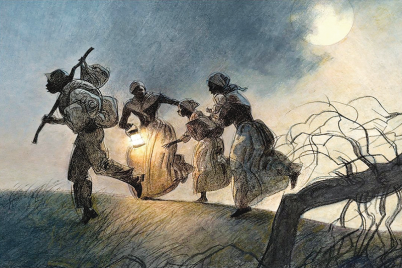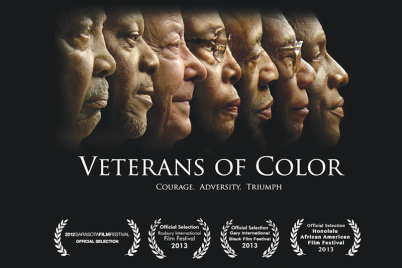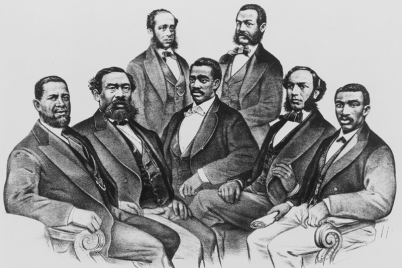After Harrison Reed was elected governor of Florida in 1868, he appointed an African American, Jonathan C. Gibbs, as his secretary of state. Gibbs served in that capacity from 1869 until 1872.
In “From Slavery to Freedom: A History of Negro Americans,” initially published in 1947, John Hope Franklin and Alfred A. Moss, Jr., examined the history of Negro education during and after the Reconstruction era. In chapter XIV entitled “Philanthropy and Self-Help,” the authors conclude that the rapid political gains made immediately following the Civil War were in danger of collapse following the end of Reconstruction.
They stated: “Negroes could be certain of an improved status only in the field of education, for many of the schools that had been founded in the days immediately following the war were still flourishing…”
Congress took over the progress of Reconstruction when it convened in December 1865. In spite of President Andrew Johnson’s opposition, the Freedmen’s Bureau was established by Congress and the process of securing educational advancements for black people progressed.
Many historically black colleges and universities (HCBUs) were founded during this period, including Howard University (1867), Hampton Institute (1868), Fisk University (1865), Atlanta University (1865) and Florida Agricultural & Mechanical University (1887). Scholars generally agree that Reconstruction ended when the Freedman’s Bureau’s educational function was disbanded.
After Harrison Reed was elected governor of Florida in 1868, he appointed an African American, Jonathan C. Gibbs, as his secretary of state. Gibbs served in that capacity from 1869 until 1872. After the election of the next governor, Ossian Hart, Gibbs was appointed state superintendent of Public Instruction, in charge of Florida public schools.
He improved the school system, standardized textbooks and opened many schools for black children. Gibbs Senior High School in St. Petersburg is named in his honor. He died in 1874.
Another African American, Robert Meacham, was elected to the Florida Legislature during Reconstruction and concentrated his efforts on improving black education. He was instrumental in creating the state’s educational system. Meacham also helped establish the African Methodist Episcopal Church in Florida.
Writing in 1903, W.E.B. Dubois said: “Easily the most striking thing in the history of the American Negro since 1876 is the ascendancy of Mr. Booker T. Washington.” Washington went to Tuskegee Institute in 1881. He established and fostered the idea of industrial education and set about developing the college community.
He was extremely successful and tireless in fundraising and improving the college. He emphasized that “in order for Negroes to achieve success, they must do some useful service that the world wanted.” He was a firm believer in industrial education. Washington died in 1915.
Most of the HCBU’s established during Reconstruction and after the Civil War are still performing the noble task of educating black Americans.
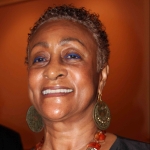
Jacqueline Hubbard, Esq.
Attorney Jacqueline Hubbard graduated from the Boston University Law School. She is currently the president of the St. Petersburg Branch of the Association for the Study of African American Life and History, Inc.

